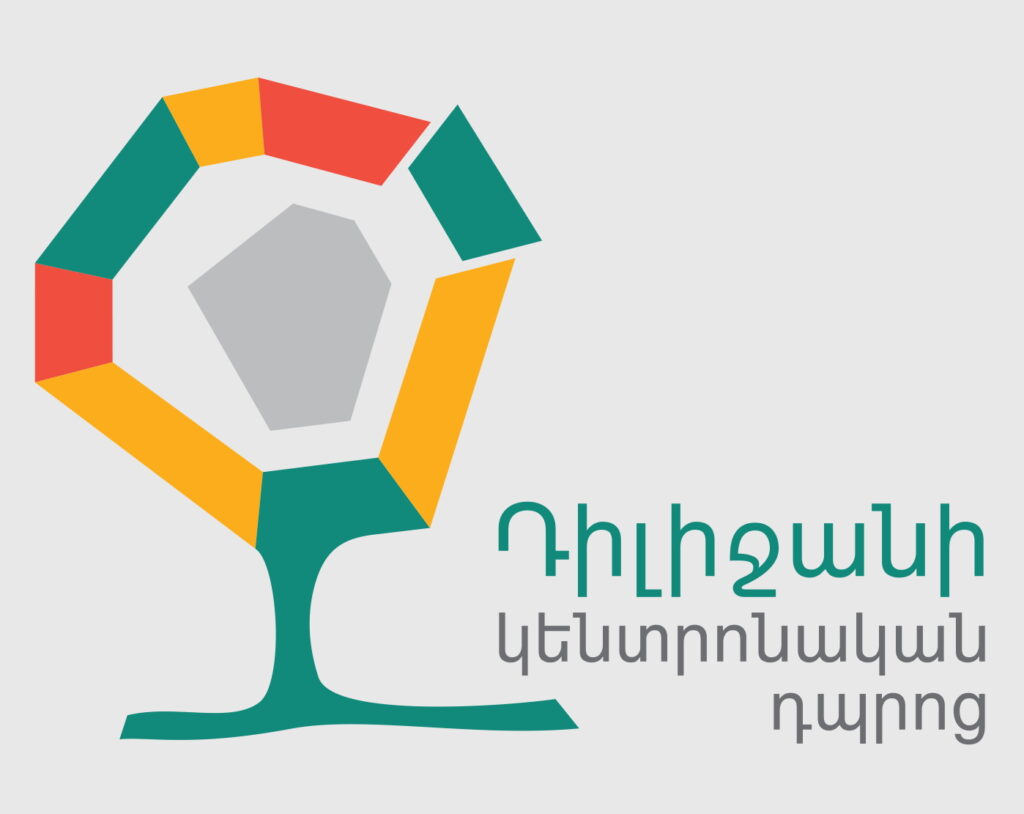Values
The values of Dilijan Central School are anchored in universal and Christian value systems, which are inseparable from national values and are the cultural and spiritual basis of the latter. The school’s educational and educative activities are aimed at forming the eight virtues, which are the basis of the profile of DCS students. The eight principles characterizing the students of Dilijan Central School are divided into pairs. The first pair, cognizant and creator, is a universal principle. It virtually coincides with the motto of our school “Know and Do” and, as a main principle, extends to the following three pairs. The student of Dilijan Central School should not just strive to know, but strive for good and auspicious cognition or benevolence. Contemplating and discovering the good is the vector of effective cognition. Kindness of thoughts should be reflected in our actions as well – the student of “Ayb” should be caring. Caring are those who have love in them, try to do good for people, are responsible, and do not ignore the facts. Benevolence and care are the moral complements to our main principle and they emphasize what kind of cognition and actions we are talking about. Not only the human mind should be educated and equipped with virtues, but the will should act correctly as well. We want our students to be initiative.
Initiative means courageous, brave, purposeful, risk taker. But there should be a balance in every endeavor, maintaining inner peace and harmony. To take the initiative does not mean to rush forward recklessly, but to think and contemplate responsibly, to gather people around your idea and make them participate in it, to serve and lead people. The last pair of the eight virtues in Dilijan Central School is vigilant and open. The choice of these words is also not random: the word ‘vigilant’ has a deep meaning both in Modern Armenian and in Grabar (Classical Armenian). Vigilant is gentle, sensitive in its good sense, the one who feels people, feels himself/herself, who has an inner focus. A vigilant person is an organized person. Today, human life is too scattered in memories, feelings, emotions, and the major task of modern education is to teach a person to be organized, attentive, and focused. Vigilant is also the opposite of callous, when a person is out of touch with reality and accepted moral principles. And finally, in order not to be led to internal bonds and restraints by the state of being organized, they should be open. This is also one of the main objectives of education: to teach a person to be free and open, to get rid of internal bonds, to be in touch with reality.



